H.S.A. and ACA, a Health Saving Account Can Save You at Income Tax Time
Posted: March 28, 2017
The Affordable Care Act provides a “subsidy” also referred to as advanced premium tax credits (APTC) to individuals/families whose income falls below 400% federal poverty level . As the name indicates, this is an ADVANCE and therefore reconciled when you file your taxes. So, if your income goes up for example from dividends or capital gains from investments and you now are over the 400% FPL threshold, you must repay the ENTIRE subsidy that you received. A couple in their early 60’s with $62,000 income receives an average subsidy of $1000 per month….this can add up to be several thousand dollars if you go over the limit.
If you were enrolled in a qualified high deductible Health insurance plan for 2016, now is the time to review your Health Savings Account (H.S.A.) contributions. If you are under age 65, you can still open and make contributions to your account for 2016 until tax filing day. Tax day is Tuesday, April 18th. Similar to an IRA, contributions made to your H.S.A. are above the line deductions therefore it reduces your taxable income.
An H.S.A. can help you lower your adjusted gross income so the contributions are not taxed and remember it’s not a “use or lose” type of funding, it’s your investment to help pay for costs of healthcare in future years, even after age 65.
Here are a few things to consider when shopping for an H.S.A. partner:
Rate of Return (Interest Rate) – Most accounts pay nominal interest on balances below $5,000; make sure you review the interest rate full discloser.
Account Fees – set-up fees, maintenance fees, check writing fees, EFT fees could apply.
Investment Options – make sure you choose funds that have investment options to manage/grow your portfolio based on how conservatively or aggressively you wish to invest. Note: many banks require a minimum balance of $1500-$5000 before investment options are made available.
TIP – if you have an H.S.A. account provided from your employer that does not have the investment options you would prefer, you may open your own H.S.A. account and transfer funds into your personal account. You can have multiple H.S.A. account just as long as you do not exceed the IRS limit on contributions.
